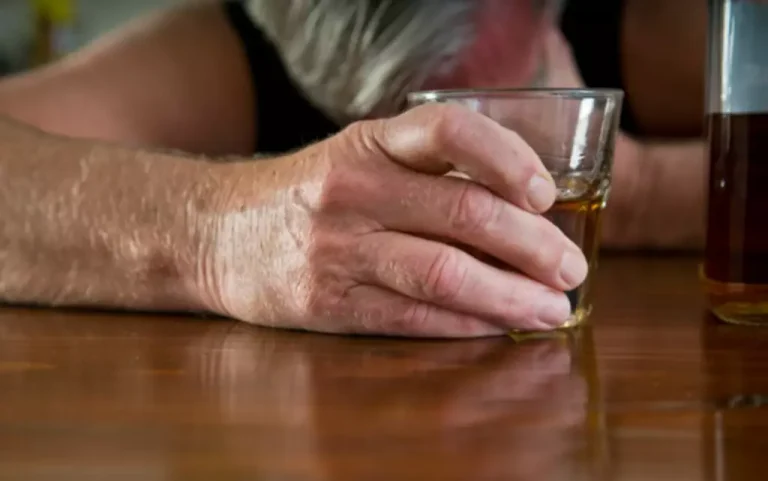Why Do I Sneeze When I Drink Alcohol?

We rarely think of alcohol as having much to do with allergies; the usual offenders – pollen, pet dander, dust mites, environmental pollutants – get the lion’s share of negative press. Some people are even allergic to alcohol itself and can experience symptoms ranging from stomach cramps to hives. does alcohol cause sneezing The implication that a pure alcohol infusion acted as a bronchodilator and did not worsen asthma was important since some atopic patients report bronchospasm following ingestion of alcoholic beverages.
- If you suspect that you have an alcohol allergy or are experiencing unexplained allergic reactions, don’t wait to seek professional help.
- Those who have an allergy, however, could have serious reactions if they consume something they are allergic to.
- The applicability of the frog palate as a model of human airways is uncertain and the extremely high concentrations of alcohol used in these experiments are not relevant to human alcohol consumption.
- Alcohol intolerance is more common and usually manifests as facial flushing, nausea, and a rapid heartbeat after consuming alcohol.
Does your heart stop when you sneeze?

In subjects with a “moderate” history of drinking, defined as at least one drink per week but less than two drinks per day, clearance was notably faster following alcohol ingestion. In contrast, half of the subjects with a history of “mild” alcohol ingestion, defined as less than one drink per week and no more than two drinks on one occasion, clearance was significantly slowed by alcohol. This variance could not be explained by other obvious factors such as cigarette smoking. They found no differences in CBF among the subjects related to alcohol intake. In contrast to these few clinical studies, a larger body of literature indicates both short and long term effects of alcohol on the mucociliary apparatus. A third route of alcohol exposure, unique to the lung, is by inhalation.
Beer before liquor? Busting 6 popular myths about hangovers

It can help you practice moderation and remind you to space out your drinks. Drinking can cause inflammation, gastrointestinal irritation, disrupted sleep and low blood sugar. It also exposes you to acetaldehyde, a toxic byproduct produced when your body metabolizes alcohol, that can damage your cells and tissues. “Your hangover is going to be different from everyone else you know,” he says. For example, while one person might experience headaches and vomiting after just one drink, another might throw back whiskey gingers all night and wake up feeling tired but otherwise unscathed.
Summary of Alcohol and COPD
Alcohol intolerance is more common and usually manifests as facial flushing, nausea, and a rapid heartbeat after consuming alcohol. This condition is often due to a deficiency in an enzyme called aldehyde dehydrogenase. In contrast, an alcohol allergy involves an immune system response and can be much more severe.
The cause of mortality in these studies was not determined although an older study showed that acute ingestion of alcohol increased the incidence of ventricular ectopy and apnea in COPD patients (Dolly and Block, 1983). Circumstantial evidence also exists that implicates the importance of the airways in alcohol excretion. This comes from clinical studies of the utility of estimating blood alcohol concentration (BAC) with the breath test (Breathalyzer) in patients with chronic obstructive pulmonary disease (COPD). A second study showed that Breathalyzer levels significantly underestimated BACs in patients with COPD as a function of age (Wilson et al., 1987).
Vasomotor Rhinitis
- The impact of alcohol on lung airway functions is dependent on the concentration, duration and route of exposure.
- Alcohol does not need to pass through the digestive tract in order to be digested; rather, it is absorbed directly into the blood stream.
- Alcohol has been used as a treatment for asthma since antiquity.
What emerges is that alcohol has a considerable and largely unrecognized influence on airway function in health and disease. Much of this impact stems from the unique vapor characteristics of alcohol and its interplay with the bronchial circulation. If you have an alcohol allergy, your immune system over-reacts to alcohol. If you have alcohol intolerance, your digestive system doesn’t process alcohol properly.
And “it can come before physical symptoms or without physical symptoms at all.” You’re likely to drink more alcohol in a shorter amount of time if you kick off your night with hard liquor, he says. It makes you inebriated faster — and you may feel inclined to drink more than you would slowly sipping a beer. Don’t expect products like sports drinks, vitamin-infused patches or hydration packets to work any miracles before or after a night on the town, says Marino.

Quercetin is a plant pigment that has been shown to cause sneezing in some people.

The second reason why alcohol can cause sneezing and congestion is that wine, beer, and spirits contain histamine, a compound that elicits an allergic Alcohol Use Disorder response. Of all alcoholic beverages, red wines usually have the highest histamine content. Alcohol has been used as a treatment for asthma since antiquity. The earliest indication of alcohol as a treatment for asthma appears on Egyptian papyri ca.
